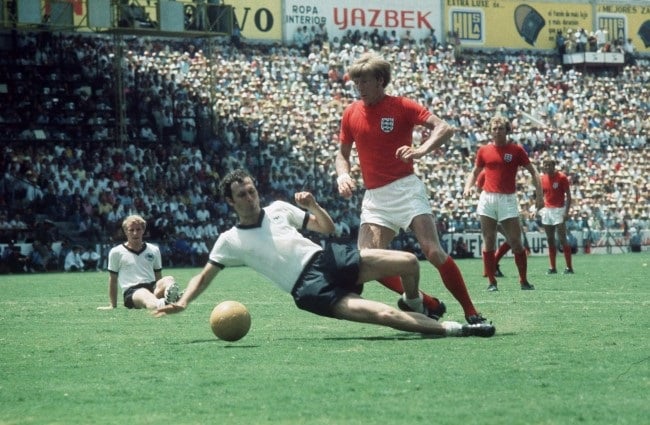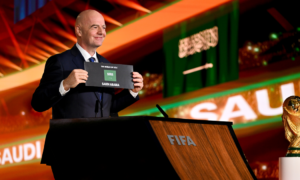Franz Beckenbauer, the iconic German player, and coach known as the Kaiser, has passed away at the age of 78. Recognized as one of the few to win the World Cup both as a player and coach, Beckenbauer’s legacy is marked by his elegant playing style and natural leadership.
Born in Munich in 1945, Beckenbauer played a pivotal role in establishing Bayern as Germany’s strongest club. His international career saw him contribute significantly to Germany’s football dominance.
However, his later triumph, leading Germany’s successful organization of the 2006 World Cup, was overshadowed by allegations of corruption in securing the hosting rights.
Beckenbauer’s journey into football began with a lucky switch of allegiance to Bayern after a youth tournament incident. His influence on the game extended from midfield to central defense, where he revolutionized the role of “libero.” With a unique style and versatility, he became a football powerhouse.
Despite losing the 1966 World Cup final to England, Beckenbauer sought redemption in 1970, leading West Germany to victory over England in the quarter-finals. He captained the team to win the 1974 World Cup, avenging the loss to the Netherlands in the final.
Beckenbauer took on coaching roles, managing West Germany to victory in the 1990 World Cup. His leadership style focused on fun and enjoyment, delivering success on the field. His illustrious career spanned club successes with Bayern and the New York Cosmos, where he played alongside Pele.
Beckenbauer faced controversies later in his career, notably in the 2006 World Cup hosting rights scandal. Despite legal challenges and health issues, his impact on football remained significant.
Franz Beckenbauer, often described as a “shy deer” in pursuit of success, leaves a lasting legacy as a player, coach, and football icon. His influence on the sport, both in Germany and globally, is celebrated, marking the end of an era in football history.
Source: AFP



























